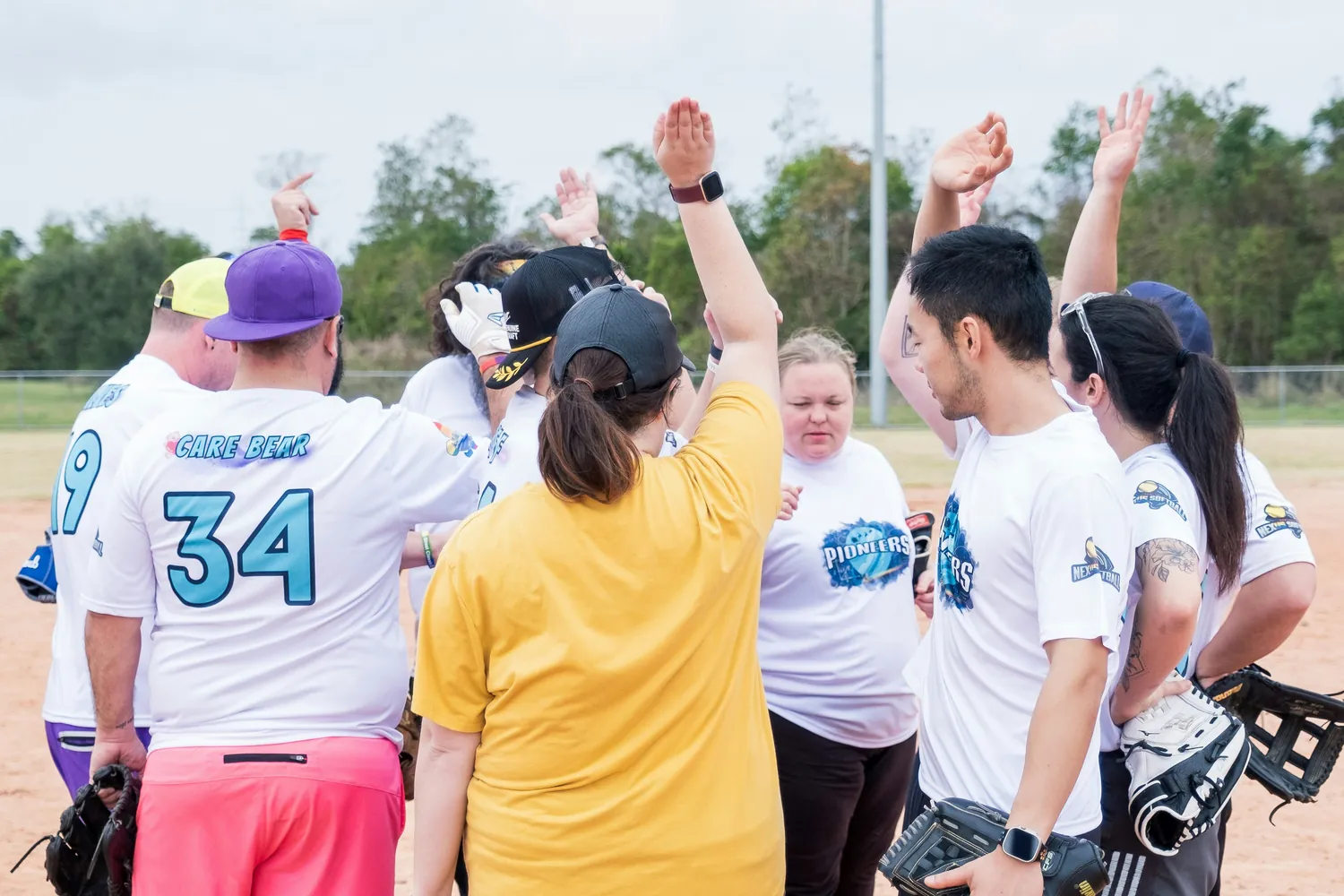Exploring How Team Sports Foster Mental Resilience and Community Support

The Power of Team Sports in Building Mental Resilience
Participation in team sports is often celebrated for its physical benefits, but its impact on mental well-being is equally profound. Team sports provide an excellent platform for developing mental resilience, which is the ability to bounce back from setbacks, adapt to change, and keep going in the face of adversity.
Consider the experience of Mia, a high school soccer player. During a crucial game, her team was trailing by two goals at halftime. Instead of succumbing to defeat, the team huddled together, shared words of encouragement, and strategized their second-half approach. The ability to remain composed under pressure and support one another resulted in a thrilling comeback victory. Such experiences on the field help athletes like Mia apply similar resilience strategies in real life, whether facing academic pressures or personal challenges.
Community Support: More Than Just Cheering Fans
Team sports naturally cultivate a sense of community. This environment can be an essential support network for athletes, providing both emotional encouragement and practical assistance. A study published in the Journal of Sports Psychology found that athletes who felt a strong sense of community within their teams were better equipped to handle stress and displayed higher levels of psychological well-being.
Take the example of Kevin, a college basketball player who suffered a significant injury. During his recovery, teammates visited him regularly, offering moral support and sharing team updates. The sense of belonging and continued involvement with the team despite his physical absence played a crucial role in his mental recovery. Kevin noted that this camaraderie made him feel valued and motivated his rehabilitation process.
Strategies to Enhance Community Support
- Regular Team Meetings: These gatherings can serve as a space to discuss not just game tactics but also personal challenges and successes.
- Peer Mentorship Programs: Pairing new members with experienced players can foster relationships and ease integration into the team culture.
- Community Events: Engaging in activities like charity runs or local outreach programs can strengthen team bonds while promoting positive social values.
Stress Reduction Through Structured Physical Activity
The structured nature of team sports provides an effective outlet for stress. Physical activity triggers the release of endorphins, which are chemicals in the brain that act as natural painkillers and mood elevators. This physiological response is complemented by the psychological benefits of shared goals and achievements.
For instance, Amanda, who plays volleyball, reports feeling a palpable decrease in stress levels after practice sessions. She attributes this to both the physical exertion and the supportive interactions with her teammates. Amanda's story aligns with research from the American Psychological Association, which suggests that exercise not only improves mood but also enhances overall mental health.
Social Interaction Benefits: Building Lifelong Skills
Team sports facilitate essential social interactions that promote key interpersonal skills such as communication, teamwork, and leadership. These skills extend beyond the playing field into personal and professional realms.
Consider Alex, a software engineer who credits his time on the university rugby team for his ability to work collaboratively in high-pressure environments. The continuous need to communicate effectively during games honed his ability to convey ideas clearly and confidently at work.
Practical Tips for Maximizing Social Benefits
- Inclusive Communication: Encourage open dialogue where every team member feels heard and valued.
- Diverse Leadership Roles: Rotating leadership positions can empower more members and develop a variety of skills among the team.
- Conflict Resolution Workshops: Providing training on managing disputes constructively can enhance team harmony and individual maturity.
The Ripple Effect: Beyond the Playing Field
The advantages of participating in team sports ripple into broader aspects of life. Athletes often carry with them the resilience, support networks, stress management techniques, and social skills gained through sports into their everyday interactions and long-term endeavors.
A notable example is seen in community leagues across various age groups. Adult leagues provide not only a means for staying physically active but also opportunities for social interaction and community engagement. Many former athletes find themselves gravitating back to these environments for these holistic benefits.
Conclusion: Integrating Team Sports into Daily Life
Embracing team sports as part of a balanced lifestyle can offer invaluable mental health benefits. Whether it's through organized school sports, local leagues, or casual weekend games, the principles learned on the field—resilience, community support, stress reduction, and social interaction—serve as lifelong assets.
The real-life examples of athletes like Mia, Kevin, Amanda, and Alex highlight the transformative power of team sports. By fostering environments where these skills are nurtured, we can empower individuals to lead healthier, happier lives.
